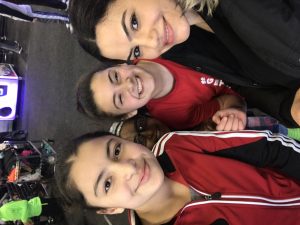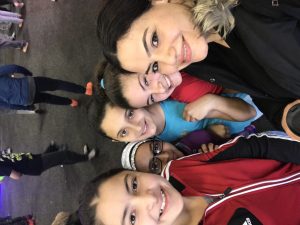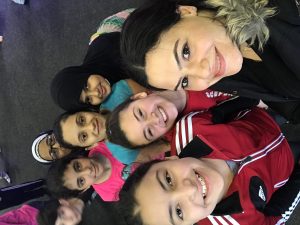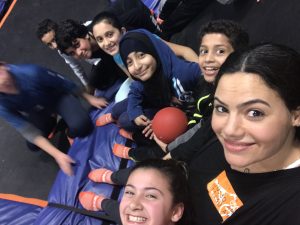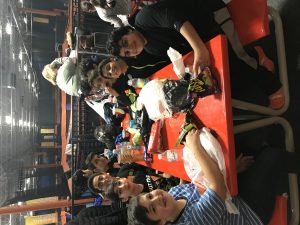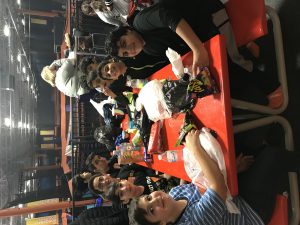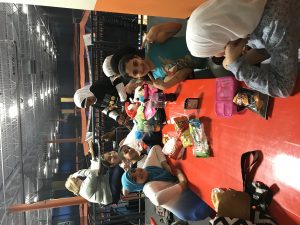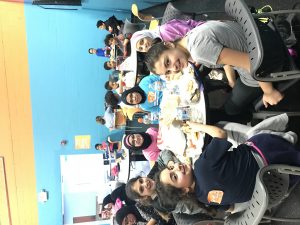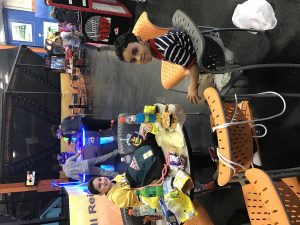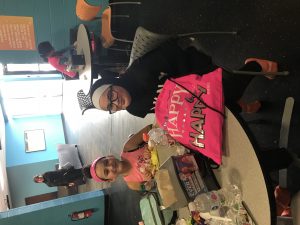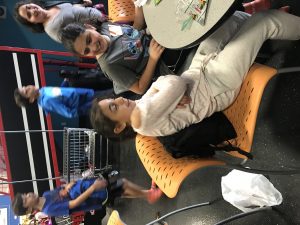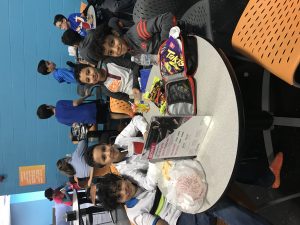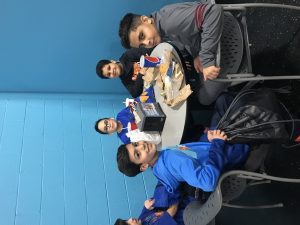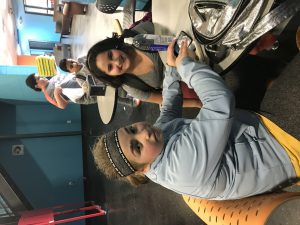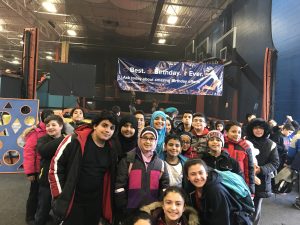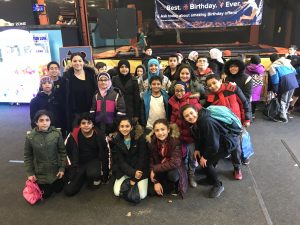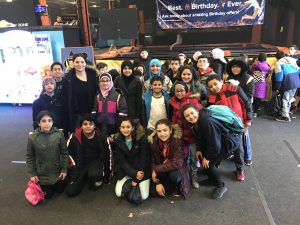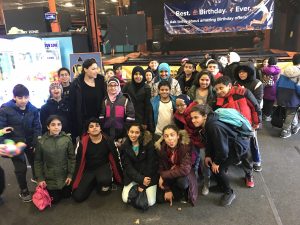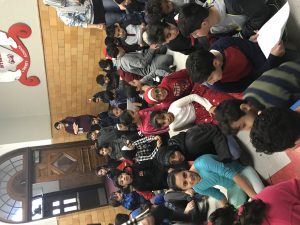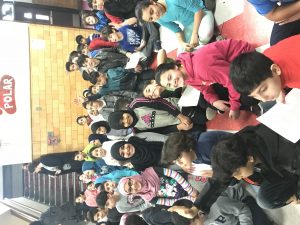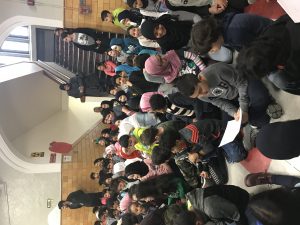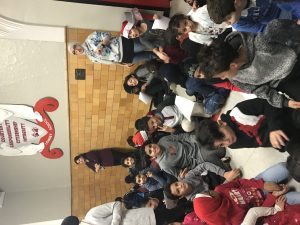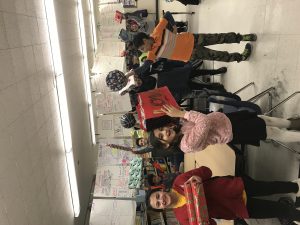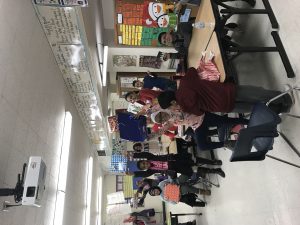The Revolutionary War
https://www.ushistory.org/declaration/revwartimeline.html
Create a time line of the American Revolution War. Make sure you include the following events in the order they happened. Describe each event by explaining what it was and what happened during the event. Make sure to include the title of the event, the year, a short description of each event, and a picture to represent the event.
Events to include…
- French and Indian War
- Proclamation of 1763
- Sugar Act
- Stamp Act
- Townshend Act
- Boston Massacre
- Tea Act
- Boston Tea party
- Intolerable Act
- Quartering Act of 1774
- First Continental Congress
- Paul Revers Ride
- Battle of Lexington and Concord
- Battle of Bunker Hill
- Other battles
- Common Sense
- Declaration of Independence
- End of the War
- Constitution Written
NO HOMEWORK!!
Week of February 5, 2018
Happy Monday!!
Geograpghy
- Adapt – to change in order to fit new environmental conditions.
- Bodies of water – all the different sizes and shapes of water naturally found on the Earth’s surface. Oceans, seas, bays, lakes, rivers, and ponds are examples of bodies of water.
- Communication – ways people send and receive messages thereby linking people and places.
- Environment – the geographic characteristics that surround and affect the way people live.
- Environment concerns/issues – interests’ people have about the care of the natural environment.
- Geographic characteristics – traits that distinguish one place from another. These are divided into two groups.
- Physical characteristics describe the natural environment of the place. They include physical features (natural landforms and bodies of water), weather and climate, soil, vegetation, and animal life.
- Human characteristics describe the people of the place past or present their human-made features (buildings, etc), languages, religions, economic activities, and political systems.
- Human-made features – changes people have made to the land. These changes include buildings, bridges, tunnels, railroad tracks, dams, monuments, piers, farm fields.
- Landforms – the different shapes of Earth’s surface. Mountains, hills, plateaus, plains, valleys, peninsulas, and islands are examples of landforms.
- Map – a graphic model of the earth or a part of the earth that is drawn on a flat surface.
- Map elements – the parts of a map that make it usable.
- author – the person or company that made the map.
- border – the frame around the map.
- cardinal directions – north, south, east, and west.
- compass rose – the small drawing that uses one or more arrows to show cardinal and/or intermediate directions on a map or globe.
- coordinate – the point on a map or globe where a line of latitude and longitude cross.
- date – the year in which the map was made.
- grid system – the pattern of lines that help locate places on a map or globe; for example, latitude and longitude.
- intermediate directions – directions between the cardinal directions: northeast, southeast, southwest, northwest
- latitude/longitude – imaginary lines on a map or globe that measure distance north and south of the Equator and distance east and west of the prime meridian.
- legend/key – explains the meaning of the symbols on the map
- scale – the measurement on a map or globe that shows the distance between places.
- symbols – the pictures, shapes, or colors on a map that stand for objects, places, or people.
- title – a heading that identifies the subject of a map.
- Migrate/migration/immigration – to move from one country or region to another with the intent of staying at that place for a long period of time.
- Modify – to change to meet the wants of people.
- Natural environment – the physical setting of a place including the land, air, water, plants, and animals.
- Physical features – landforms and bodies of water formed by nature.
- Population growth – the increase in the number of people living in a place due to migration, immigration and/or births.
- Region – an area that has one or more geographic characteristics in common, such as the Middle Colonies or the Piedmont Plateau.
- Relative distance – the approximate distance of a place in relationship to other places (i.e. near and far)
- Settlement – the arrangement of places where people live, including rural and urban centers.
- Technology – skills, methods, tools, machines and other things used to perform activities. Technology changes over time and affects the way we live, work, and play.
- Transportation – ways goods and people move from place to place thereby linking communities.
Spelling Words-
- Apples group–fall, small, tall, mall, call, wall, all, ball, hall, stall (Week 14: -all words)
- Bananas, Carrots, Dragon Fruit, & Eggplants-wreckage, disguises, column, chemical, foreign, wrinkle, moisten, character, condemn, resign, knuckle, numb, wrist, choir, wrong, wrestled, technology, mechanic, anchor, debt (Week 17: Silent Letters)
Important Dates
Late Start February 7, 2018
Midwinter break February 19-23, 2018
Important Reminders
Please send a healthy snack with your child every day we have a late lunch.
If you have any questions or concerns please feel free to contact me at anytime (chamsef@dearbornschools.org).
Thank you,
Fatima Chamseddine
Week of January 8, 2018
Welcome Back and Happy New Year!
Vocabulary Words- New Social Studies packet words due Friday
Spelling Words-
- Apples group–fall, small, tall, mall, call, wall, all, ball, hall, stall (Week 14: -all words)
- Bananas, Carrots, Dragon Fruit, & Eggplants- afternoon, lagoon, fireproofing, raccoon, foolproof, hooligan, pontoon, proofread, blooming, schooling, doorknob, flooded, football, moodiest, caboose, rookie, snoozes, balloon
(Week 14: Multisyllabic words – oo)
Important Dates
No School Martin Luther King Jr. Day January 15, 2018
Late Start January 17, 2018
PBIS party January 19, 2018
EOM 2 & Half Day January 26, 2018
Important Reminders
Please send a healthy snack with your child every day we have a late lunch.
If you have any questions or concerns please feel free to contact me at anytime (chamsef@dearbornschools.org).
Thank you,
Fatima Chamseddine
Holiday Fun!
Happy Holidays :)
Social Studies
Week of December 11, 2017
Vocabulary Words- Vocabulary Workshop Unit 10
Bananas- Purple Book Unit 5
Carrots, Dragon Fruit, & Eggplants- Blue Book
Spelling Words-
- Apples group– for, fort, form, store, corn, more, who, under, ate, black, ask
- Bananas, Carrots, Dragon Fruit, & Eggplants-cruel, novel, quarrel, fossil, nostril, label, level, civil, pupil, squirrel, apparel,stencil, cancel, channel, pretzel, tranquil, pencil, tonsil, until, utensil (Week 13: Multisyllabic words – il, el)
Important Dates
Late start December 20, 2017
No school December 23-January 7, 2017 Winter break
School resumes January 8, 2017
Important Reminders
Please send a healthy snack with your child every day we have a late lunch.
If you have any questions or concerns please feel free to contact me at anytime (chamsef@dearbornschools.org).
Thank you,
Fatima Chamseddine
Week of November 13, 2017
Vocabulary Words- Vocabulary Workshop Unit 7
Bananas- Purple Book
Carrots, Dragon Fruit, & Eggplants- Blue Book
Spelling Words-
- Apples group– Sh pattern- wish, fish, wash, brush, fresh, smash, make, take, went, will, but.
- Bananas, Carrots, Dragon Fruit, & Eggplants-demonstrate, vanishing, prevent, defending, protest, devoted, define, bonus, moment, punishment (Week 10: Multisyllabic words – v/cv patterns)
Important Dates
November 15, 2017 Late Start
November 22–26, 2017 No School
November 27, 2017 School resumes
Important Reminders
Please send a healthy snack with your child every day we have a late lunch.
If you have any questions or concerns please feel free to contact me at anytime (chamsef@dearbornschools.org).
Thank you,
Fatima Chamseddine
